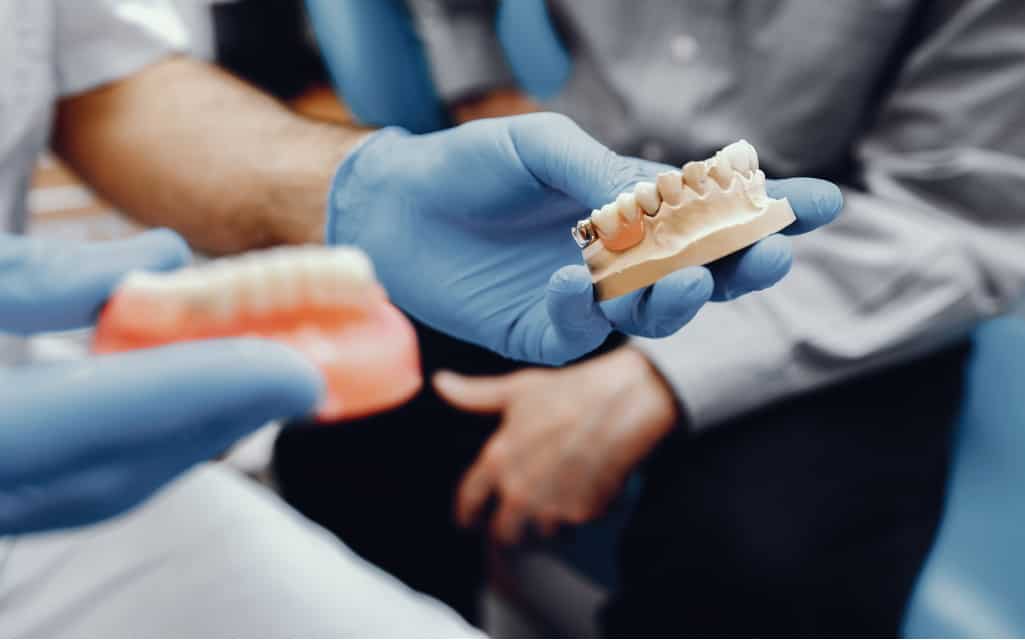With a zirconia implant, you do not need to worry about deterioration that might lead to loss of bone because Zirconia is a ceramic, and it doesn’t suffer any deterioration.
Zirconia Implants’ Biocompatibility and Optimal Osseointegration
Zirconia implants are ceramic, biocompatible materials which look after complete assimilation into a person’s jaw bone. New microscopic research done at the University of Minnesota established optimal Osseointegration of zirconia implants with no signs of irritation or other side effects. Other researchers also reported that zirconia is the perfect material for a dental implant.
Sensitivity and Allergies
Metal implants are not hypoallergenic; however, this is not the same for zirconia implants. Surprisingly, a lot of cases about titanium implants sensitivity appear years after the surgery when inflammation and itchiness forms near the implants. This can lead to bone loss.
Before choosing a system of implantation, you should consider MELISA testing. It is an innovative diagnostic tool which is used for identifying sensitivities and metal allergies.
Aesthetics
The inherent issues which frequently arise with titanium implants are an aesthetic one. A patient with a translucent, thin gum or one who is prone to gum recession might end up with a gray gum or titanium appearing near the crown’s margin. Since zirconia implants are white and non-metallic, they have a much more natural look compared to titanium. It is a great closely imitates the natural color of the teeth.
Zirconia Implants are Corrosion Resistant
Zirconia implants are biocompatible materials that cannot go through chemical corrosion and cannot conduct heat or electricity. They also do not hinder the maintenance of oral hygiene.
Titanium implants, on the other hand, have been proven to deteriorate in the mouth’s wet environment, particularly if there’s more than one metal in the vicinity like gold inlays or on lays, bridges, alloy metal crowns or amalgam fillings that could trigger reactions. Corrosion of a metal is very active when there is a fluoride present, which is present in some mouthwashes, toothpaste and water supplies. It literally sabotages the titanium implants’ surfaces. Titanium won’t only move from the site of the implant into adjacent tissues but also into surrounding lymph nodes.
Porcelain or Zirconium Dental Crowns – Which is better
In popularity, porcelain is a leading material because it’s been used in dentistry longer than zirconium. Zirconium, on the other hand, was made to produce an implant that is metal-free. It is, however, more durable than porcelain. Although porcelain is much stronger than the natural teeth, zirconium beats porcelain in this regard. Aesthetically, zirconium provides natural whiteness, the same color as the natural teeth. In fact, this element was used to imitate a diamond because of its tremendous luminosity.
Emax or Zirconium Dental Crowns – Which is better
When it comes to translucency, Emax is a better choice. Like zirconium, this element is not a metal alloy. Pure zirconia, as crowns, provides more strength than Emax. In application, both can be used as a replacement for all teeth; however, with zirconia, front teeth have to be in the crown form, as it needs to fit the micromechanical retention on the tooth.



